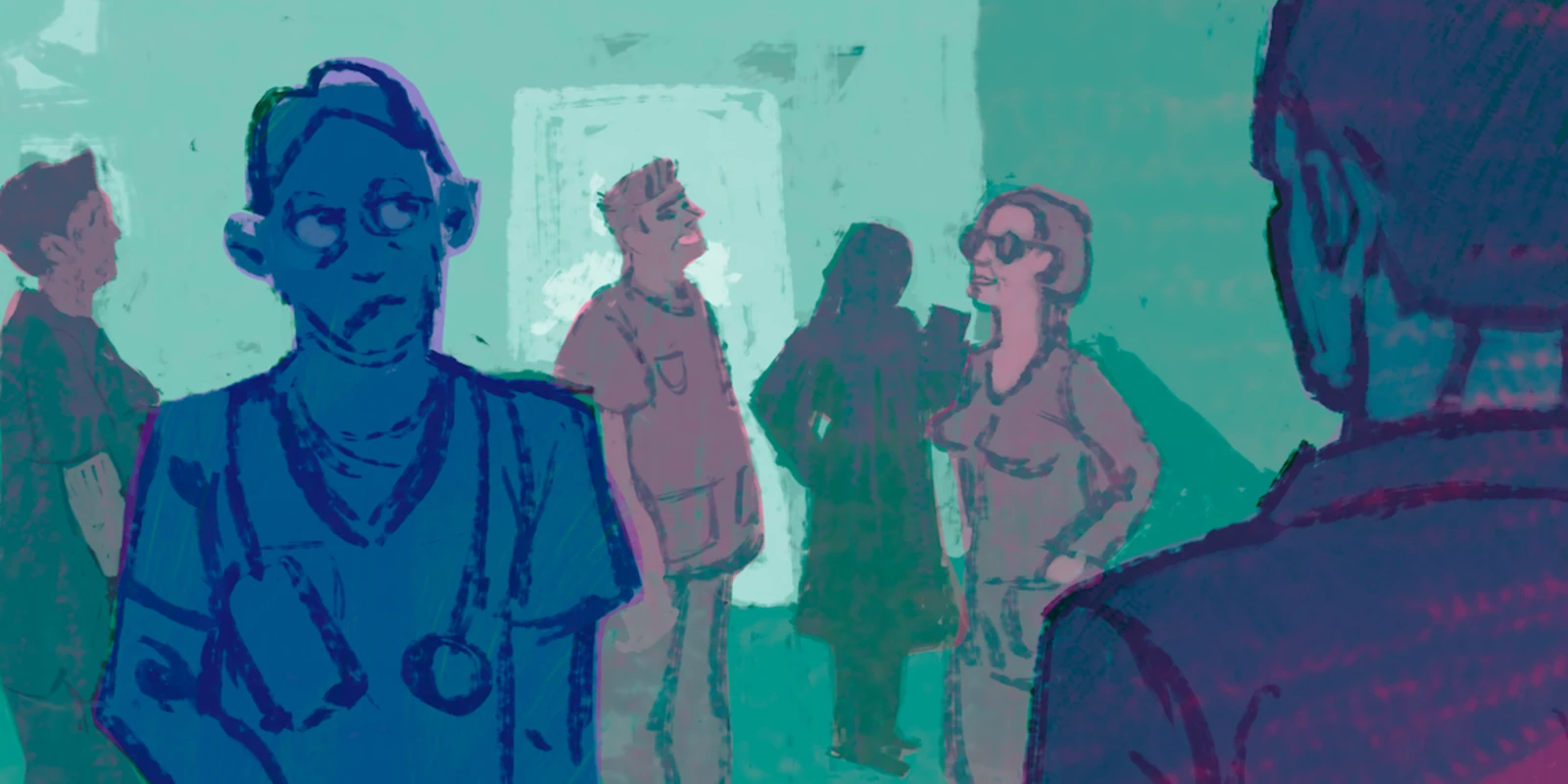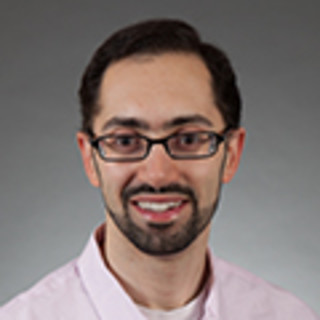
Anyone else ever hear these questions:
“But will you be doing the surgery doctor?”
“I don’t want any of those residents learning on me.”
“I don’t want to be a guinea pig.”
“How many of these procedures have you done?”
Maybe it’s self explanatory to me since I’m already “in the biz,” but statements like these make me wonder about the egregious things that medicine has done that must have produced such a negative widespread social perception of academic medicine.
Setting aside the ethical discussions that immediately follow such a line of questioning, there is a sort of inherent social contract approach to medicine and medical education. That is to say, we implicitly agree as a society that we will all participate for the future betterment of society. We understand that trainees with limited experience will treat us, that surgeons in training will operate on us, and that we are putting our health outcomes in the hands of people who are struggling to balance independence with optimal care and oversight—all while trying to exhaustingly immerse themselves in healthcare to learn how to truly be a doctor.
Or do we all agree?
I’ve had many conversations with people who are close to me — people who knew my struggle as I trained day and night, as I lived and slept medicine through school, residency, and fellowship. Some are indifferent, some are unaware, and some unapologetically recuse themselves from this system.
“I only want the attending doing everything.”
A patient stated this in response to me asking about maybe a trainee doing the skin closure. This struck me as very surprising. I’m the kind of person who asks for the most novice person to come learn and use me as an educational tool because I empathize on a very personal level. I’ve had nursing students place my IVs, medical students put in a nasogastric tube (that one was simply to teach, not because I needed it), even young fresh ER attendings close lacerations when plastic surgery could’ve been present in minutes.
Why? I have no clue. It feels like I’m called to it. It feels like the right thing.
I’ve heard a few attendings during my training attempt to address such patient concerns about house staff participation. One asked a patient, “If I hold the paper, and he [me] holds the scissors, who’s doing the cutting?” I thought that was a good analogy.
The best answer though was a thoracic attending who told me that he usually replies, “Do you want me to do the surgery in my normal routine and how I am most comfortable, or would you like me to change things for your husband?” The patient’s wife promptly replied that she wanted the routine, to which he stated, “then there will be residents.” That story has never left me.
We have this ever-increasing feeling that we must cater to every want and demand of a patient, as though we are trading commodities. In reality, there are real risks and benefits with the presence of house staff. These people are frequently the same ones who “want the best,” but of course want it on their terms.
As an attending now, I find that not only do the residents “keep me honest,” they keep me on my toes. Their presence is a true safety net for patient care, monitoring and prescribing at all hours of day or night. They keep me reading, they keep me interested and learning. In fact, they teach me probably as much as I teach them. Maybe not about medicine, but they still teach me (if one of my residents is reading this — don’t you have consults to see?).
I joke that I want to be “insulated” from the phone calls from the wards and the emergency room, but the reality is that I think my life would be too mundane without the house staff, and that my patients would not get that optimal, cutting-edge best care they so desire.
Most importantly, if we as attendings and patients don’t sacrifice now for these trainees, then who will be the doctors of the future? Presuming robots and algorithms don’t take over the world. If you think I’m joking, check out this video.
Many studies have debunked the July safety concerns. I think that we as a profession recognize how green the new recruits are and there is increased supervision, oversight, and assistance.
I remember as I graduated residency, I was told about some changes in the medical school curriculum that outright offended me as someone passionate about medical education. I was informed that for that year, the students were being asked to write their notes on their patients, but to not place them in the chart. Instead, they were to keep a separate binder that they kept with them. Fast forward years later, and now I’m looking at the “medical student notes” tab in EPIC. Appalling. The medical student is now relegated to being an onlooker rather than an active learning. So much else has changed in residencies that has affected learning also, but for the sake of brevity I will not explore this now. It is critical for us to defend and preserve the roles of all medical students and residents.
I haven’t had anyone ask me to do their procedure without residents or fellows yet (the Bronx is an interesting place), but I don’t plan on acquiescing. I’ve joked in the past that the hospital should make a pamphlet to define training levels so that patients better understand the hierarchy and who their doctor is. But the reality is that the chief resident or the fellow is probably best suited to be the doctor. As my old program director used to tell me, “I want the patient to look at you and say, that’s my doctor!” And me now as an attending? Well, I’m guess I’m just along to navigate and copilot. You have to have some faith.
How do you respond to your patients?
Dr. Issam Koleilat is a vascular surgeon at Montefiore Medical Center/Albert Einstein College of Medicine in the Bronx, NY. He is also the proud father of a wonderfully curious five-year-old daughter and bright-eyed five-month-old son, and the husband of a breast cancer genetic epidemiologist. He enjoys traveling with his family, and as the kids get older he hopes they will hike, ride horses and rock-climb more.
Dr. Koleilat is a 2018–2019 Doximity Author.







